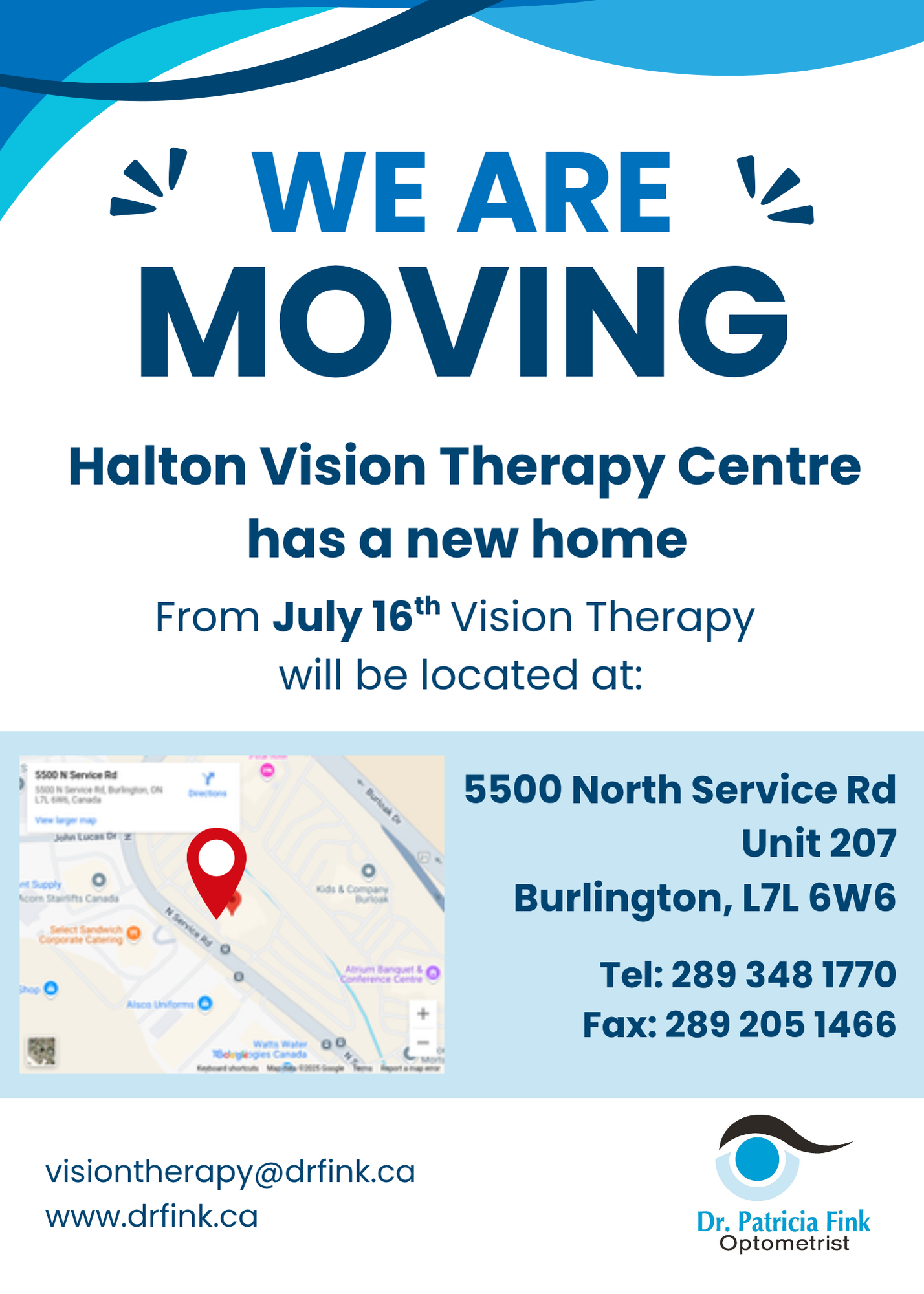If you’re over the age of 60, there’s a good chance you’ll develop cataracts sometime in the next 20 or so years. While the only effective long-term treatment for cataracts is surgery, it can take years or even decades for a cataract to reach the point where it needs to be surgically removed.
In the meantime, your optometrist can monitor its progression, manage your symptoms and ensure you have the best vision possible. Once your cataract makes it difficult for you to function day-to-day, your eye doctor will refer you to an ophthalmologist who will perform eye surgery to replace your eye’s natural lens with a clear artificial lens.
Following your surgery, your optometrist will co-manage your post-op recovery in coordination with your eye surgeon.
Your Optometrist Will Discuss Cataract Treatment Options
A cataract, a clouding of the eye’s natural lens caused by the breakdown of proteins in the lens, leads to progressively blurry vision. So if you’ve been diagnosed with a cataract but aren’t yet ready for surgery, you’ll be having regular contact with your optometrist, who will explain the condition, discuss your treatment options and help manage your symptoms.
Once you’re diagnosed with cataracts, you may want to slow the progression of the condition. Working with an optometrist who knows your personal and family health history as well as your various options for cataract management and surgery is a massive advantage, as your optometrist can give you advice on dietary and lifestyle changes.
The Importance of Regular Eye Exams
Regular eye exams are important for everyone, and particularly if you’ve been diagnosed with cataracts. Because the cloudy areas on your eye lenses will worsen with time, your optometrist will carefully monitor your vision and upgrade your glasses or contact lens prescription as needed. Your optometrist will perform a visual acuity test and other tests to gauge increased sensitivity to light and glare, as well as deterioration in your contrast and color vision.
When’s It Time for Cataract Surgery?
At some point, your optometrist may determine that your cataracts are severe enough to require surgery. That’s typically when options to correct your vision — updated prescriptions and speciality filters that block glare and increase contrast vision — are no longer sufficient to give you the vision you need.
Your optometrist can recommend an ophthalmologist and provide information about what to expect during cataract surgery. You’ll see your eye surgeon for post-surgery check-ups, and your optometrist for long-term eye care.
If your vision is blurred or if you notice a cloudy patch forming on your eye, you may have developed cataracts. For optimal vision care and cataract management, make sure to schedule an appointment with Dr. Patricia Fink at Dr. Patricia Fink Optometry in Burlington today.




